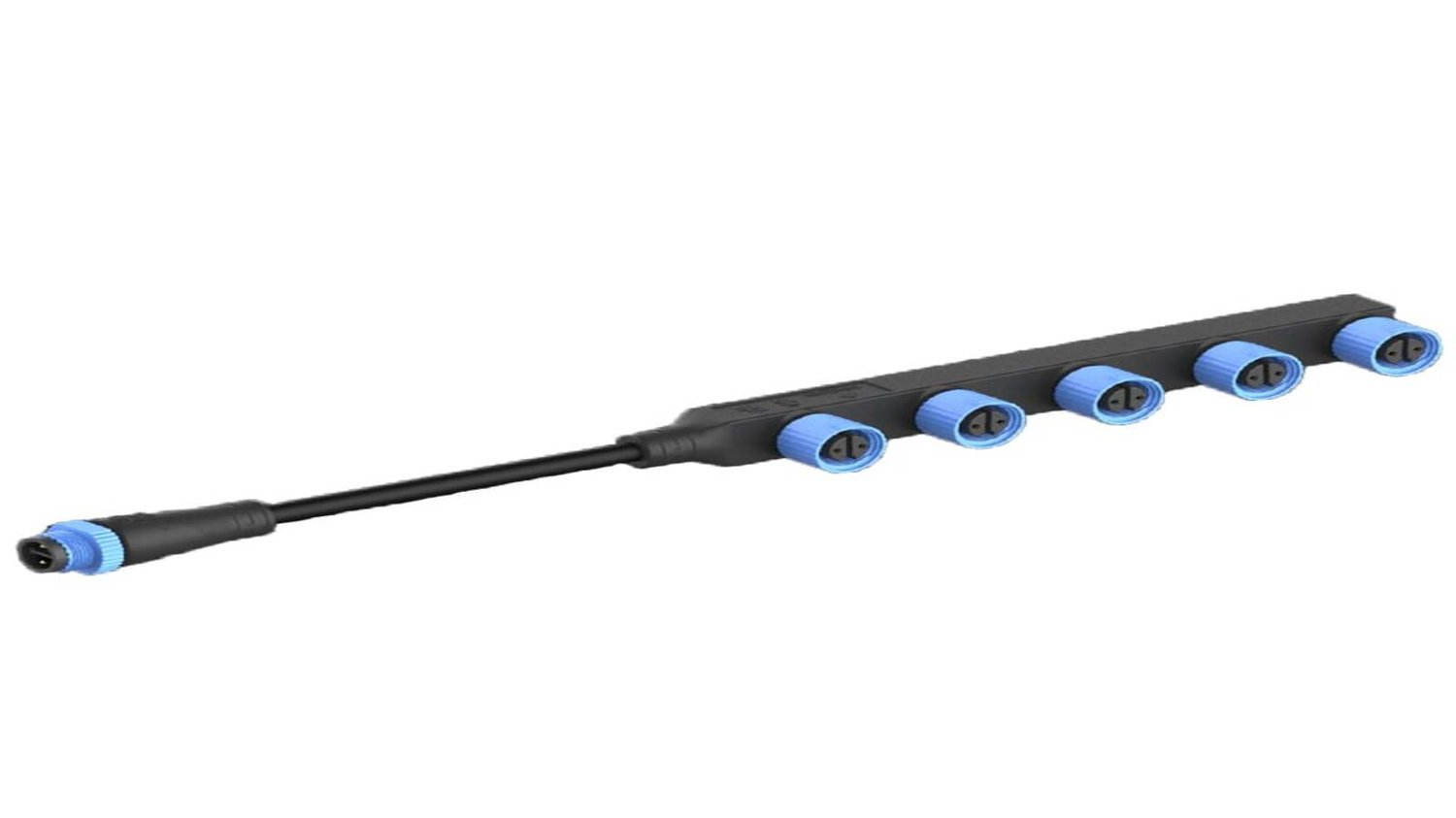Introduction:
A car electrical connector is a crucial component that enables the smooth flow of electricity between various car systems such as lighting, audio and video, battery, and engine control systems. This small yet essential component can determine the efficiency and performance of the car's systems, and hence, it is imperative to have a basic understanding of car electrical connectors.
The Basics of a Car Electrical Connector:
A car electrical connector is a small electrical component that enables the transfer of electrical signals between different car systems. The connector consists of two parts, the male, and the female. The male connector has a series of pins that fit into the corresponding holes on the female connector, forming a tight and secure connection. The wires coming from the electrical system are terminated into the pins to create a mechanical and electrical interface.
Types of Car Electrical Connectors:
There are different types of car electrical connectors, the most common being blade type connectors, round pin connectors, and bullet connectors. Blade type connectors are the most widely used type of connector in cars, whereas round pin connectors are mostly used in heavy-duty applications like trucks. Bullet connectors are typically used for low current applications and can be easily connected and disconnected.
Importance of a Good Quality Car Electrical Connector:
A car electrical connector must be of good quality to ensure the smooth flow of electricity between different car systems. A low-quality connector can result in voltage drop, current loss, or even short circuits. This can result in malfunctioning of various car systems or even damage to the battery or engine control systems.
Common Problems with Car Electrical Connectors:
One of the most common problems with car electrical connectors is corrosion. Corrosion can occur due to moisture, salt, and other contaminants, leading to poor connectivity, high resistance, and voltage drop. Loose connections, faulty wiring, and damaged pins are other common issues that can result in poor electrical connection.
The Importance of Regular Maintenance:
Regular maintenance of car electrical connectors is essential to ensure their longevity and performance. Cleaning the connectors with a suitable cleaning agent and a soft brush can significantly enhance their performance and prevent corrosion. Properly securing the connectors by tightening any loose fixings can also prevent loose connections.
Replacing Car Electrical Connectors:
If a car electrical connector is damaged or corroded beyond repair, it is essential to replace it immediately. The replacement connector must be of the same type and specification as the original connector to ensure compatibility and performance. The replacement connector must be installed following the manufacturer's guidelines.
Where to Buy Car Electrical Connectors:
Car electrical connectors are available from various sources such as auto parts stores, dealerships, and online stores. It is essential to purchase the connectors from a reputable seller to ensure the quality and compatibility of the product.
DIY vs. Professional Help:
Minor issues with car electrical connectors can be fixed on a DIY basis. However, it is recommended to seek professional help for major issues or replacement. Professionals have the knowledge, tools, and experience to fix the issue safely and effectively without causing further damage.
Conclusion:
A car electrical connector is a small yet essential component that enables the smooth flow of electricity between different car systems. It is imperative to have proper knowledge and understanding of car electrical connectors to ensure their performance and longevity. Regular maintenance and replacement of damaged connectors can prevent issues and ensure the smooth functioning of various car systems.

